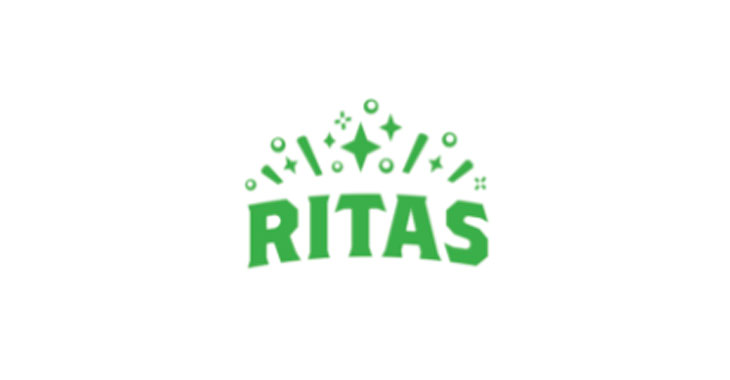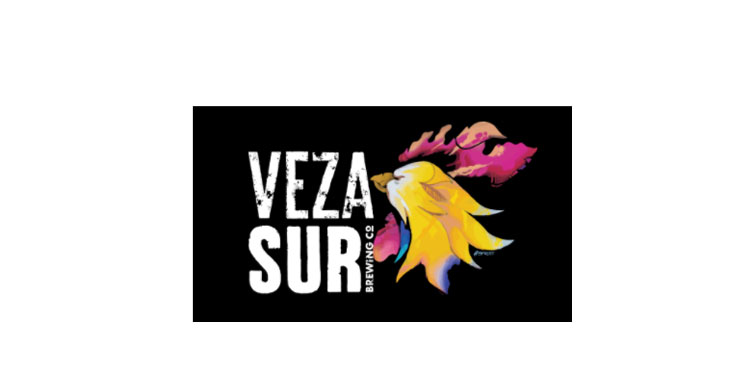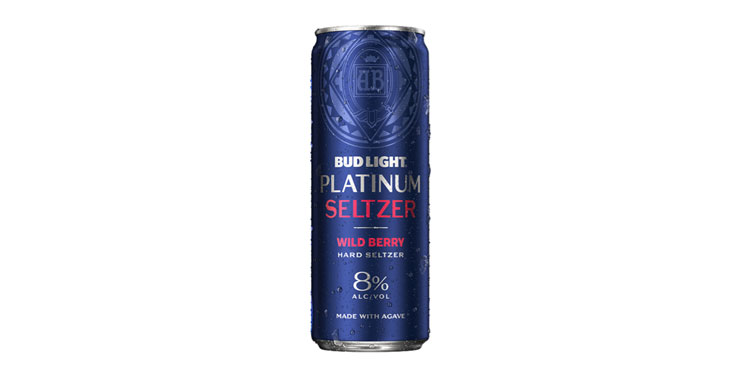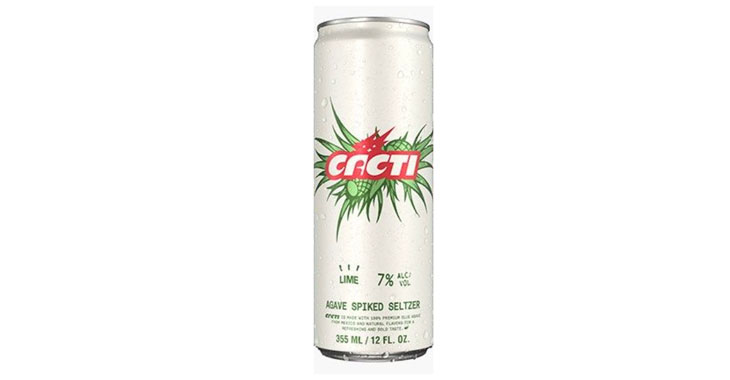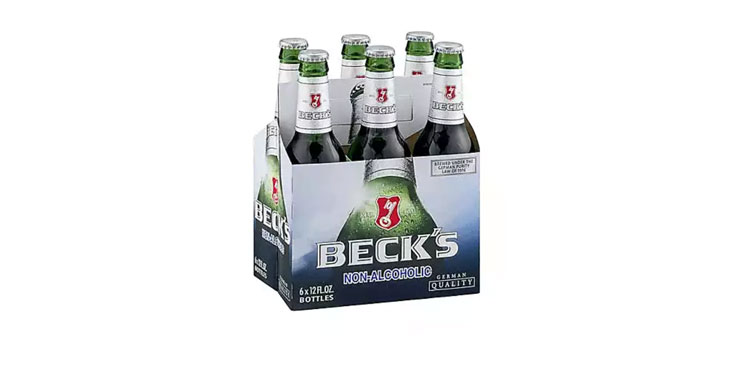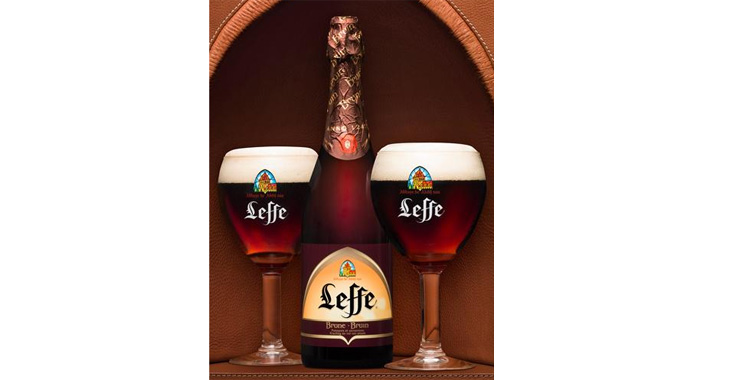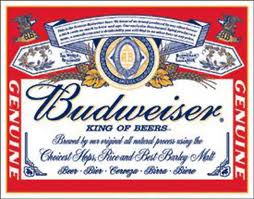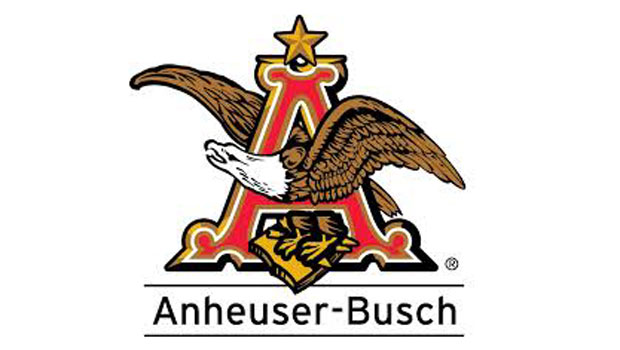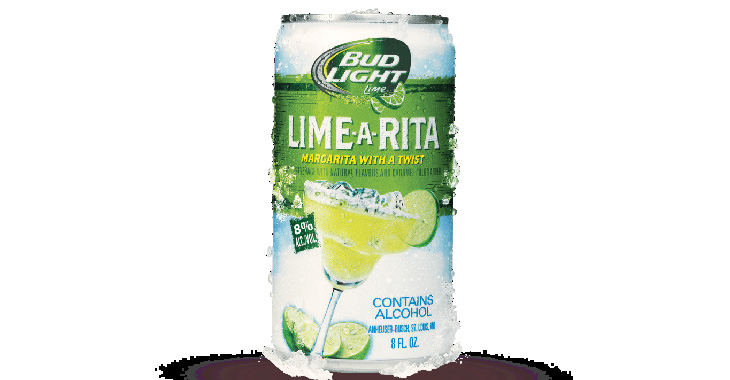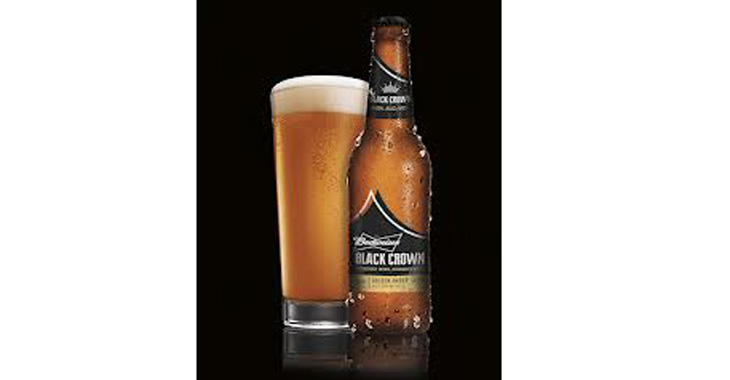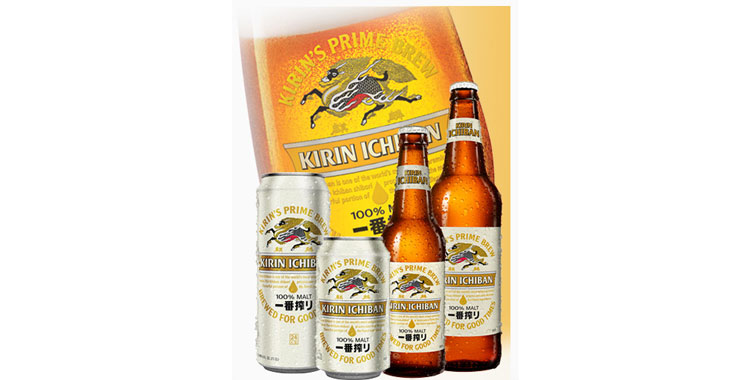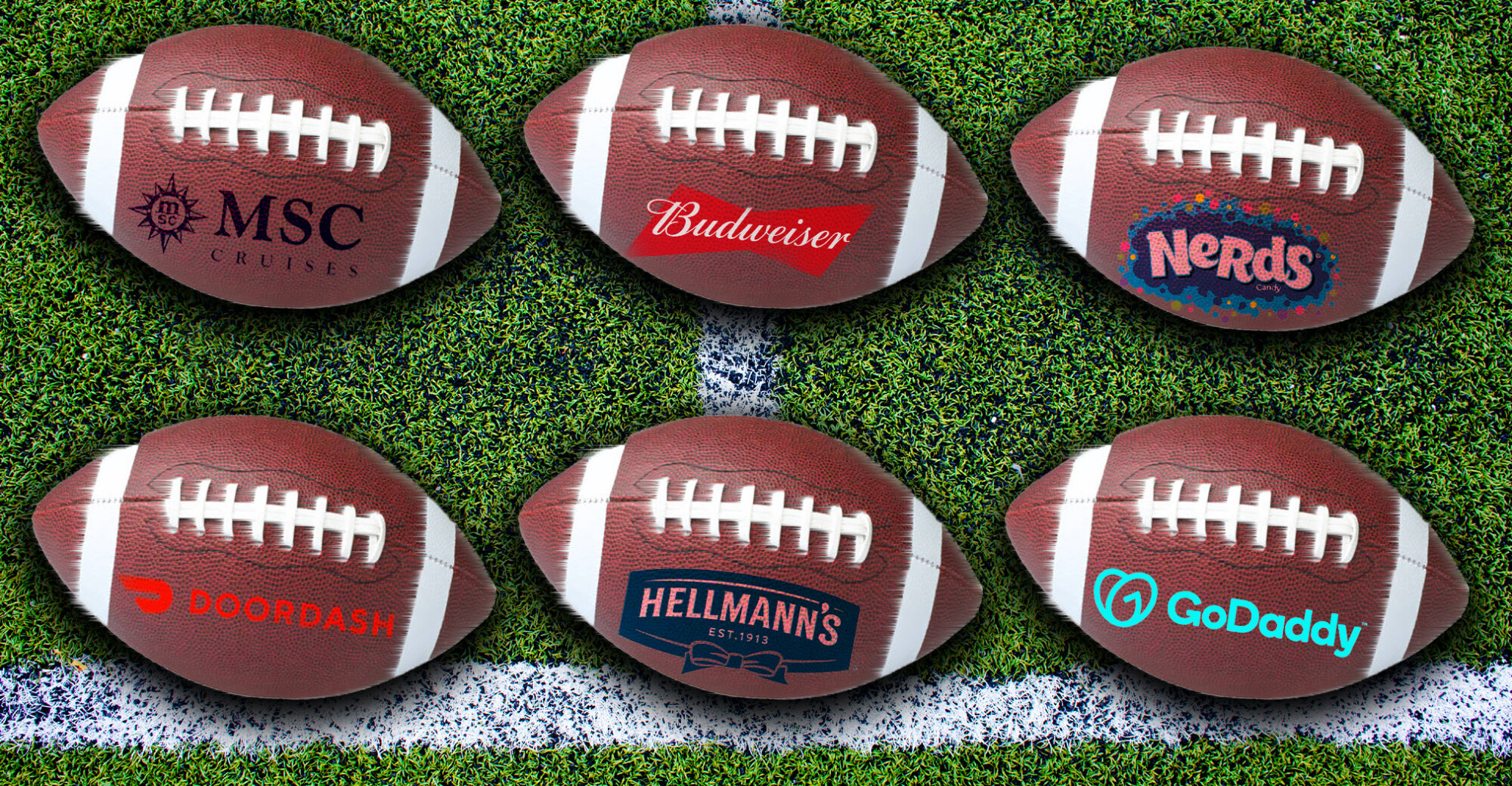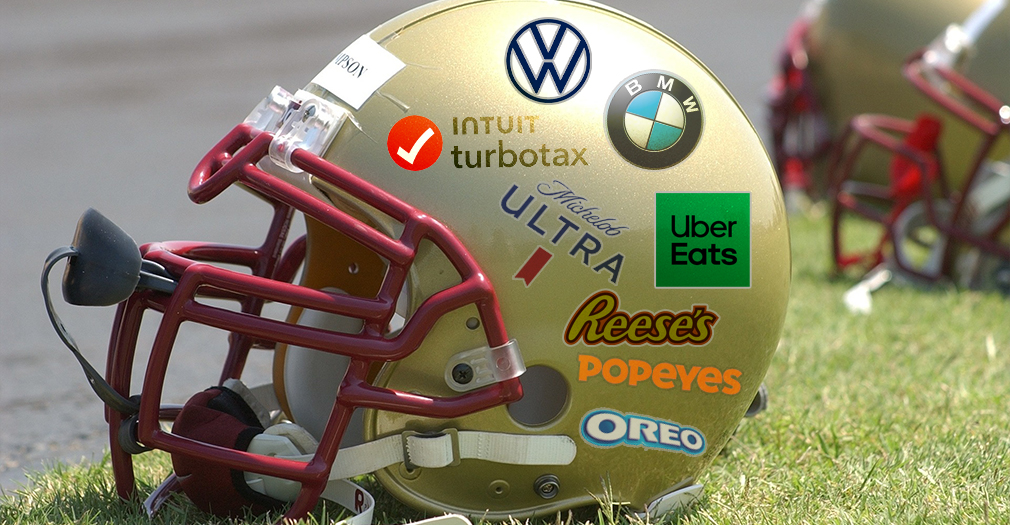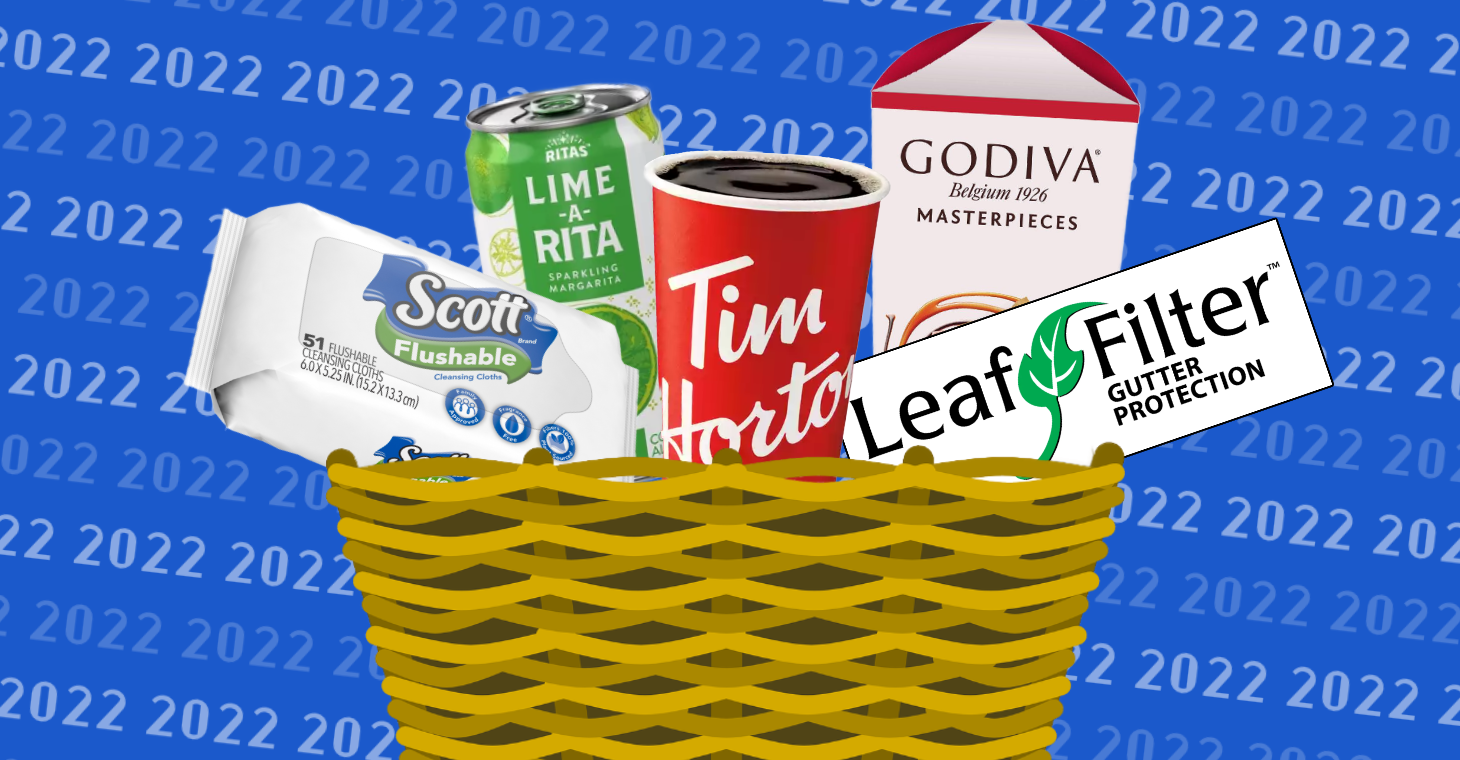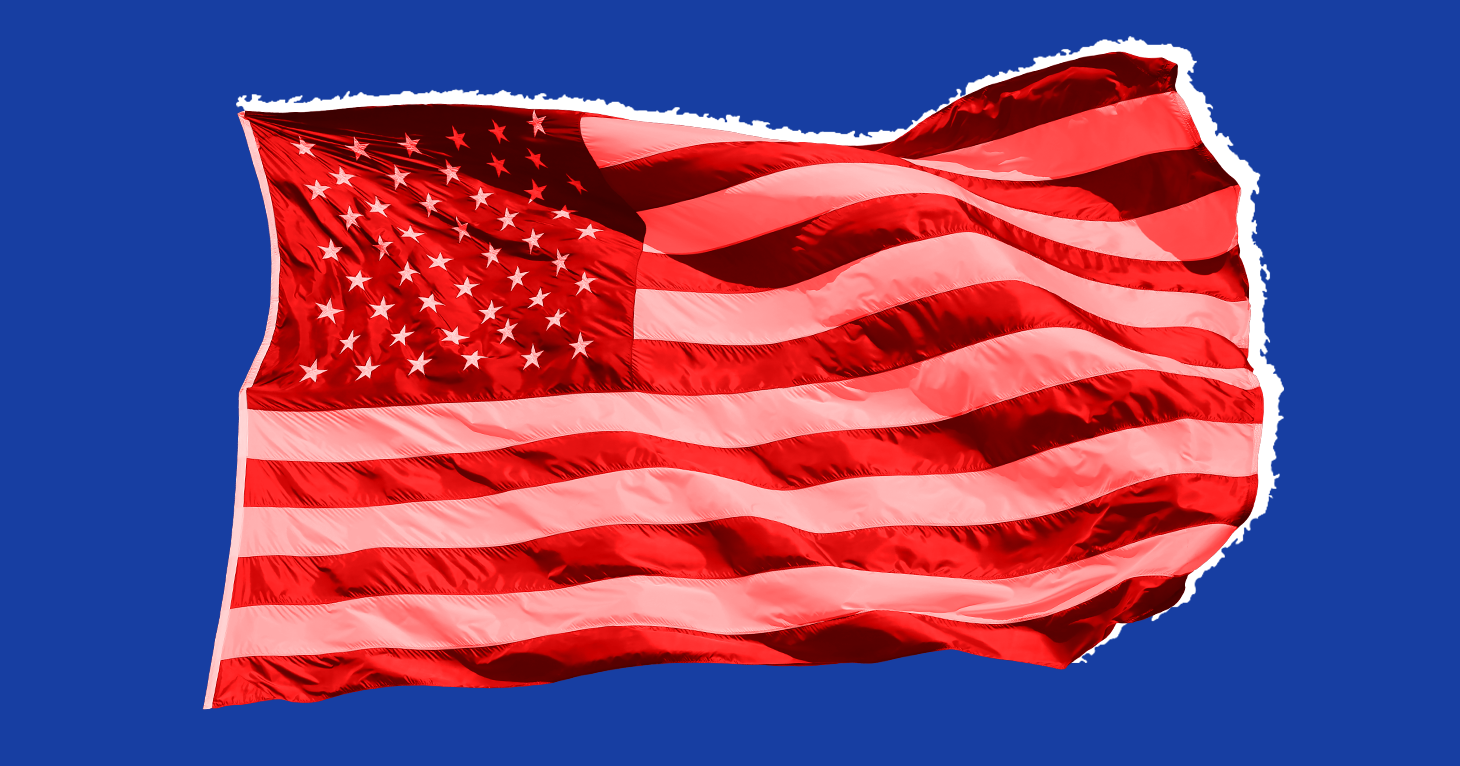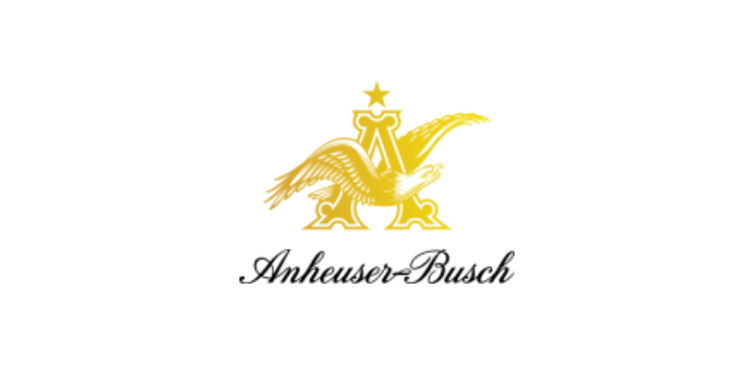
Anheuser-Busch
Allegations: Preventing consumers from leaving negative reviews on its website and app
April 2016: The appeal was dismissed When a complaint is dismissed with prejudice, it cannot be refiled., the reasons for which have not been disclosed.
November 2015: An objector filed a Notice of Appeal regarding the decision to approve the settlement. (Marty et al v. Anheuser-Busch, Inc., Case No. 15-15269, 11th Cir.)
October 2015: A federal judge granted final approval of the settlement.
June 2015: A federal judge preliminarily approved this settlement. A final fairness hearing is scheduled for October 20, 2015.
June 2015: The plaintiffs moved for preliminary approval of a settlement of this false advertising lawsuit. According to the proposed settlement terms, class members with proof of purchase can receive a maximum refund of $50 while class members without proof of purchase can receive a maximum refund of $12. In addition, the company agreed to include the phrase “Brewed in USA” or “Product of USA” on the bottles, cans, packaging, and website for Beck’s Beer for a period of five years.
October 2013: A class-action lawsuit was filed against Anheuser-Busch Companies, LLC for allegedly falsely marketing that Beck’s Beer is imported from Germany when the beer is actually brewed in the United States. (Marty et al. v. Anheuser-Busch Companies, LLC, Case No. 13-cv-23656, S. D. FL.).
For more information about class-action lawsuits regarding the marketing of alcohol and TINA.org’s coverage of the issue, click here.
Allegations: Preventing consumers from leaving negative reviews on its website and app
Allegations: Falsely advertising the alcohol in Ritas drinks
Allegations: Misleadingly marketing that Veza Sur is a craft beer made in Miami with Latin roots when it is not a craft beer and has no authentic Latin roots and…
Allegations: Misleadingly marketing that beverages are made with agave to make consumers think they contain agave spirits when the ingredients list reveals they actually contain agave syrup as a sweetener
Allegations: Misleadingly marketing that beverages are made with agave to make consumers think they contain agave spirits when the ingredients list reveals they actually contain agave syrup as a sweetener
Allegations: Falsely advertising that beverages don’t contain any alcohol
Six big game marketers that have been accused of fumbling ad claims.
Lawsuits take aim at so-called non-disparagement clauses.
Several of this year’s Super Bowl advertisers have run into legal trouble for alleged deceptive marketing.
Five class-action settlements that left consumers behind in 2022.
A closer look at the who, what, when, where and why.
